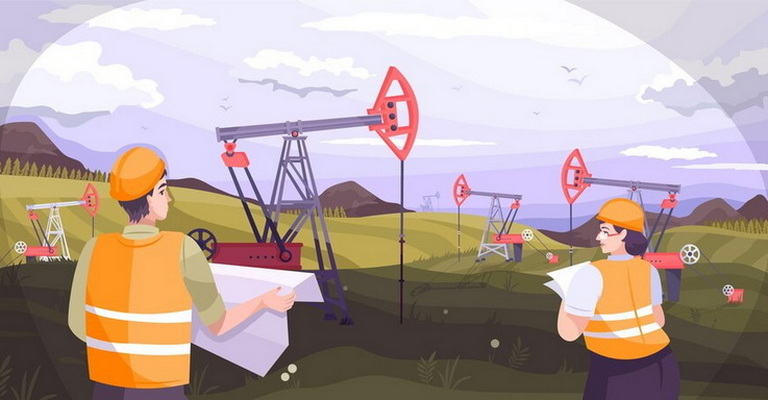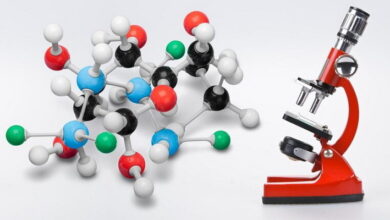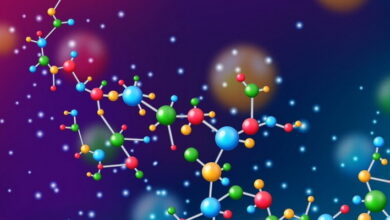Petrochemistry MCQs with Answers

Welcome to the Petrochemistry MCQs with Answers, it helps learners quickly identify areas for improvement in Petrochemistry Online Test.
| Petrochemistry is a branch of chemistry that focuses on the chemical composition, properties, and reactions of petroleum and its derivatives. It plays a crucial role in the petroleum industry by studying the transformation of crude oil into valuable products such as fuels, lubricants, and petrochemicals. Key areas of study include refining processes, chemical synthesis from hydrocarbons, and environmental impact assessments related to petroleum extraction and processing.
For those studying Petrochemistry, utilizing a variety of educational resources is essential for comprehensive learning. Petrochemistry MCQs offer a diverse range of questions that assess understanding of petrochemical processes and their applications. Petrochemistry quiz questions are designed to reinforce learning by focusing on specific aspects of chemical principles and industrial applications in the petroleum sector. Comprehensive exam preparation is supported through Petrochemistry multiple choice questions, covering essential topics and advanced concepts necessary for a thorough understanding. |
Petrochemistry Online Quiz
By presenting 3 options to choose from, Petrochemistry Quiz which cover a wide range of topics and levels of difficulty, making them adaptable to various learning objectives and preferences. You will have to read all the given answers of Petrochemistry Questions and Answers and click over the correct answer.
- Test Name: Petrochemistry MCQ Quiz Practice
- Type: Quiz Test
- Total Questions: 40
- Total Marks: 40
- Time: 40 minutes
Note: Answer of the questions will change randomly each time you start the test. Practice each quiz test at least 3 times if you want to secure High Marks. Once you are finished, click the View Results button. If any answer looks wrong to you in Quiz, simply click on question and comment below that question, so that we can update the answer in the quiz section.
Download Certificate of Petrochemistry Test
On the end of Quiz, you can download the certificate of the quiz if you got more than 70% marks.
Petrochemistry Flashcards
The major fraction of crude oil composed of hydrocarbons with 5 to 12 carbon atoms is ________.
gasoline
The refining process that separates crude oil into fractions based on boiling point is ________.
distillation
Which of the following is a major environmental concern associated with petroleum refining?
Air pollution
The process of converting olefins into smaller molecules by splitting carbon-carbon bonds is called ________.
Cracking
The process of converting light alkanes into liquid fuels or chemicals is called ________.
Fischer-Tropsch
The process of converting natural gas into liquid fuels or chemicals is called ________.
Gas-to-liquids
If you are interested to enhance your knowledge regarding Physics, Computer, and Biology please click on the link of each category, you will be redirected to dedicated website for each category.




